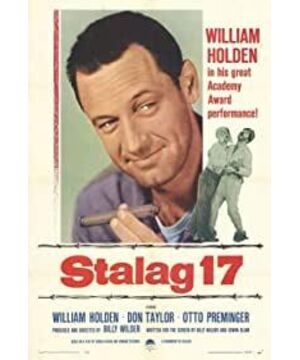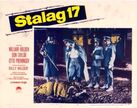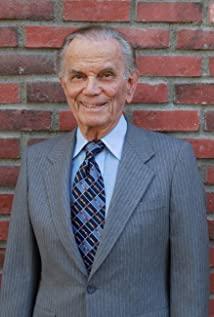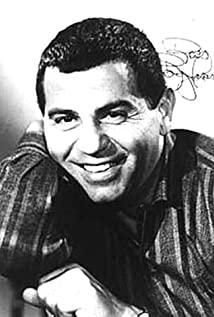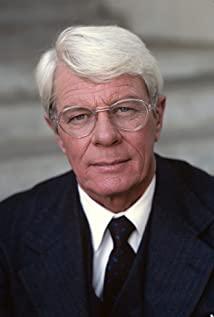It is hard to imagine that in a film about prisoner-of-war camps like "Soul of the Army", Billy has put his comedic talent to the fullest. But like all good movies, it is not a work that makes people laugh and make everything happen. The feeling it gives the audience is likely to be difficult to explain in a word. The mental shock and touch are weakened by the color of comedy, so it is difficult to say that it is a pure spy film, but because of its theme, it is classified as comedy or noir. The name of humor does not seem appropriate.
In our opinion, what the film wants to express most is the issue of trust between people. Whether we trust people is often based on what we see, and then use our own thinking habits to judge them, and finally get a subjective view. What you see can be objective, but the analysis material and analysis model we choose are not so, and we always have to put some subjective stigma on it. A good environment will help people trust and support each other, while an involuntary environment will encourage people to doubt and host each other, and even deliberately misinterpret other people's speech and behaviors, which in turn creates barriers and misunderstandings.
In modern society, everything is much better. It seems rare that people can be suspicious of innocence in a few words and be labeled as collaborating with the enemy and traitorously at every turn. But this does not mean that the ghost of unprovoked suspicion has completely retired. But there are always people with low self-esteem or gloomy psychology who make wild speculations based on the unintentional words of others, and suspect people to hate people. I understand everything I understand.
On the battlefield, this is even more important. Ask yourself, if everyone doubts a person's innocence all the time, or even regards him as a spy, how sure is he to let others defend his flank? Anyone will have reservations. At the end of the film, Sefton went to save Dunbar and asked his comrades to divert the attention of the guards when the film was "divided into two." He is a spy, but he trusts his comrades. You know, if there is a slight difference, the escaped person is a dead end, and his life is in the hands of his comrades. Isn't this the greatest trust?
And trust does not mean forgiveness. Since people can rashly doubt the innocence of others, they must also accept it. After the truth is revealed, the suspect may not accept people's cheap apologies. Because the perpetrator who suspects and punishes others may not have to pay any cost, or even bother to find evidence, but the mental and physical trauma to the defiled person is incalculable. So Sefton’s last sentence is: “If we meet on the street, it’s best to pretend not to know each other.” Perhaps, forgetting each other is the best “forgiveness”.
Americans claim to have a democratic relationship, but the camps are actually contaminated with Nazi habits. Of course, the Jews have the problems of speculation and profiteering, but as long as any problems arise, they can be liquidated. Under the banner of "shoveling", even if there is no evidence, private property is no longer protected: the binoculars will be demolished, and the brewing machinery will be replaced. The phonograph and red wine were also confiscated. Because Sefton does business like a Jew, he may be a "traitor," "traitor," "spy," and so on. You can call him any kind of scum, as long as it is convenient for everyone to deprive him of his property, beat him, use him as a scapegoat or even hang him. Isn’t that the case with the anti-Semitism wave in European history, including the physical elimination of the Nazis? The Anti-Fascist League fought against the Nazis, but they probably did not realize that they might become neo-Nazis, not to mention that the crimes they committed in the colonies were similar to those of the Nazis many years ago. And the storm of cleaning only needs a simple start: doubt, distrust, labeling, treating differently, isolating, squeezing, beating, depriving property, well, they will die in the end!
Billy's movie is like potato skin wine made in Sefton prison camp. The management tells the customers that it is a good wine. They will feel joy and joy when looking at the oily liquid, as if the hell on earth has become a paradise, but I drank it and found it was a cup of nitric acid: a prisoner-of-war camp or a prisoner-of-war camp, a human disaster or a human disaster, even if it was put on the cloak of "comedy" and "comedy", its essence will not change. It is not people who should be embalmed, but those historical lessons, otherwise, people will really be blinded.
View more about Stalag 17 reviews


